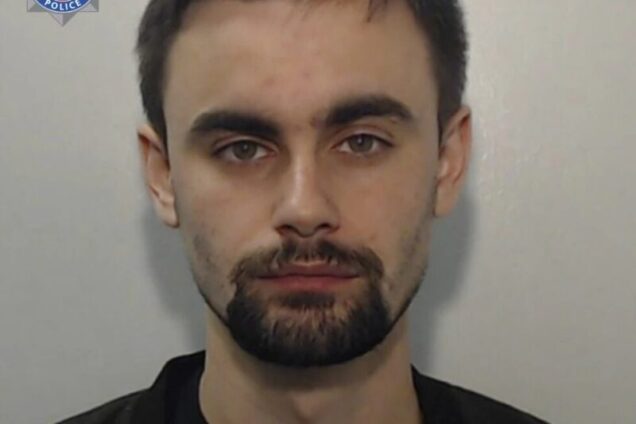A British man who used artificial intelligence to create images of child abuse was sent to prison for 18 years on Monday.
The court sentenced Hugh Nelson, 27, after he pleaded guilty to a number of sexual offences including making and distributing indecent images of children and distributing “indecent pseudo photographs of children.” He also admitted to encouraging the rape of a child.
Nelson took commissions from people in online chatrooms for custom explicit images of children being harmed both sexually and physically.
Police in Manchester, in northern England, said he used AI software from a U.S. company, Daz 3D, that has an “AI function” to generate images that he both sold to online buyers and gave away for free. The police force said it was a landmark case for its online child abuse investigation team.
The company said the licensing agreement for its Daz Studio 3D rendering software prohibits its use for creating images that “violate child pornography or child sexual exploitation laws, or are otherwise harmful to minors.”
“We condemn the misuse of any software, including ours, for such purposes, and we are committed to continuously improving our ability to prevent it,” Daz 3D said in a statement, adding that its policy is to assist law enforcement “as needed.”
Bolton Crown Court, near Manchester, heard that Nelson, who has a master’s degree in graphics, also used images of real children for some of his computer-generated artwork.
Judge Martin Walsh said it was impossible to determine whether a child was sexually abused as a result of his images but Nelson intended to encourage others to commit child rape and had “no idea” how his images would be used.
Nelson, who had no previous convictions, was arrested last year. He told police he had met like-minded people on the internet and eventually began to create images for sale.
Prosecutor Jeanette Smith said outside court that it was “extremely disturbing” that Nelson was able to “take normal photographs of children and, using AI tools and a computer program, transform them and create images of the most depraved nature to sell and share online.”
Prosecutors have said the case stemmed from an investigation into AI and child sexual exploitation while police said it presented a test of existing legislation because using computer programs the way Nelson did is so new that it isn’t specifically mentioned in current U.K. law.
The case mirrors similar efforts by U.S. law enforcement to crack down on a troubling spread of child sexual abuse imagery created through artificial intelligence technology — from manipulated photos of real children to graphic depictions of computer-generated kids.
The Justice Department recently brought what’s believed to be the first federal case involving purely AI-generated imagery — meaning the children depicted are not real but virtual.
Latest Stories
-
Trade Minister calls for more strategic Chinese investment in Ghana
8 minutes -
Ghana needs to go back to Gen. Acheampong’s polices – Prof. Agyeman Duah
20 minutes -
IFC, Societe Generale enter into $40m partnership to boost cocoa sector
28 minutes -
Experts warn AI bias could undermine safety and security
53 minutes -
Ministry of Works and Housing inaugurates State Housing Company board, 2 others
57 minutes -
Parliament, FCDO, World Bank launch capacity-building initiative to boost economic and financial governance
1 hour -
Bar Association should encourage every lawyer to take on some pro bono work – Justice Amaleboba
2 hours -
Trailer for Ghana’s first kids podcast ‘Best Girlfriends’ premiered
2 hours -
Ghana and China’s Hunan Province to strengthen economic relations
2 hours -
Ghana to host rescheduled WAFU B U20 Boys Cup in July 2025
2 hours -
One thousand young professionals to get mentoring from FMCG Incubation Programme
2 hours -
Producer price inflation falls sharply to 10.25% in May 2025, lowest since Nov. 2023
3 hours -
Choosing the right IT management partner and maximising the relationship (Part 2)
3 hours -
MP’s role is about representation, not educational qualifications – Justice Amaleboba
3 hours -
Analysis: Fitch upgrade signals turning point for Ghana’s economy, but risks persist
3 hours

